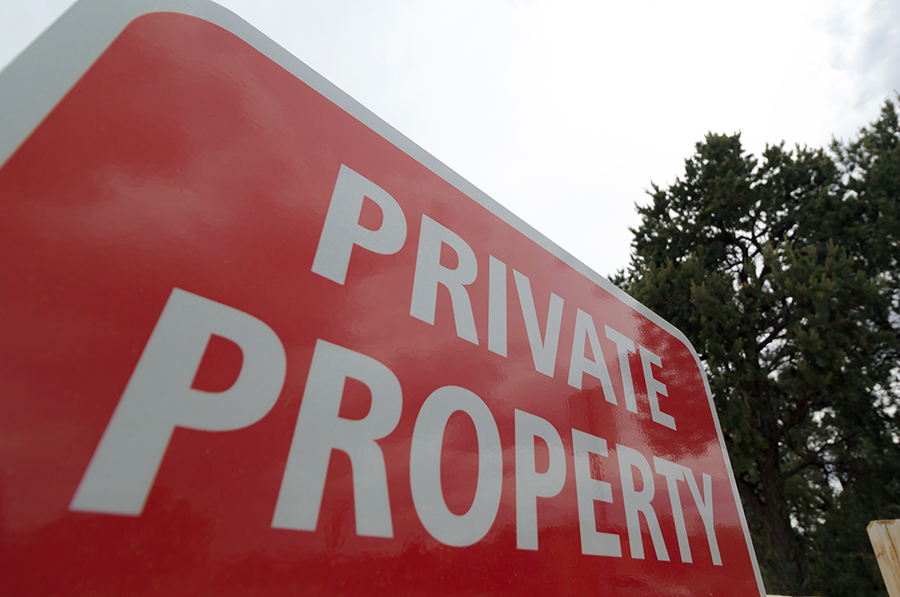
All homeowners dread having to deal with trespassers. In most cases, unauthorized people on you property will be up to no good. Due to this, many landowners wonder what they can do to dissuade people from entering their land. Anyone thinking about taking the law into their own hands should reconsider. You also might want to think twice about any dangerous conditions on your property. Believe it or not, in some cases a property owner will be liable for the injuries of a trespasser.
How is Trespassing Defined?
Essentially, trespassing is the unauthorized entry onto the property of another. As a property owner, you do not have to take action to protect trespassers. However, you are also not allowed to intentionally cause harm to them. Yet, your responsibilities as a landowner can change depending on the circumstances.
When Does Liability Occur?
If you have reason to know people are trespassing onto your property, you can be liable. A property owner's liability only extends to conditions on the land that are unsafe. For such a condition to impose liability, it must be one that the landowner constructed. It also must be something that is unnoticeable by someone unfamiliar with the land. Furthermore, the condition should be capable of causing severe injury to the trespasser. Finally, there should be a failure on the landowner's part to warn entrants about the danger. If these requirements are satisfied, you can be liable for the injury or death of a trespasser.
Related Scenarios
Any real estate lawyer will point out that the rules are different for minors. Property owners owe a higher standard of care for trespassing children. There is a well-known legal theory in this area of law known as the attractive nuisance doctrine. This theory presumes that children are unable to distinguish between safety and danger. It also takes into account that certain structures on a property, like swimming pools, attract children. Due to this, a property owner have to make the situation safe.
Landowners may not be liable under the attractive nuisance doctrine in all scenarios. A court will weigh three factors to determine whether liability is appropriate. The first factor is whether children are likely to trespass in the area. Second, whether children could properly assess the risk. Third, whether the effort to fix the condition outweighs the potential risk. Thus, in some cases it may be possible to avoid liability.
Final Considerations
Although the rules seem strict, the law doesn't expect you to prevent all possible injuries. Overall, the legal system just wants you to keep your property as safe as possible. Trespassers may also be subject to arrest and prosecution under criminal law. If you have a problem with a trespasser, contact an experienced lawyer for help. T.R. Spencer Law Office is available to help property owners in Utah.